“Always make sure you secure your own oxygen mask before you begin assisting your neighbors.” This metaphor is commonly used in my field. You cannot save your neighbor if you haven’t made sure your own blood is being oxygenated. Seems obvious.
Interestingly, this simple message put through the filter of our social expectations, depending on your identity, can come out translated as,
“Always make sure you secure your own oxygen mask before you begin assisting your neighbor with their masks, but wait you’re a mother? Those are your kids? You’d better hope you can secure each one of theirs before even thinking about your own, how could you think about putting your own mask on first!”
“Always make sure you secure your own oxygen mask before you begin assisting your neighbor, but actually you’re a college student. I hope you’ve made sure you’ve gotten all your assignments done, aced your exams, successfully applied to that competitive internship, and have the approval of all of your peers before you reach for that oxygen mask!”
“Always make sure you secure your own oxygen mask. Actually, the prices of oxygen masks have really gone up with demand and you might not be able to afford one…sorry.”
Self care is easy to talk about in theory, but in practice comes with the baggage of societal pressures and judgments that somehow turn the idea of personal health and happiness into selfishness and directionlessness. The overwhelming majority of conversations I’ve had with mothers, for example, about the importance of positive self care turn into conversations about how to get in the bare minimum without incurring the mother-shaming wrath of everyone around them, including their internalized self-shaming dialogue.
This means we spend hours together coming up with plans like taking a shower every day, using a trip to the toilet to engage in some deep breathing exercise, buying a snack at the grocery store that only you like. Forget about the idea of going to the gym consistently, or having lunch with a group of friends you haven’t talked to in ages, or reading a book you’ve had on your to-read list since before you had kids. Nobody has the time to fasten the straps of an oxygen mask that size. Besides, an oxygen mask of that size is far too noticeable, and you don’t want anyone to see that you’ve spent any time doing something that wasn’t directly for your kids. Nevermind that you’re no use to anyone in a vegetative state subsequent to prolonged loss of oxygen to the brain.
One of my sisters is a huge proponent of self care and exerts endless amounts of energy fighting against the wishes of peers, popular opinion, and sometimes family to care a bit less about her emotional and physical health. These encouragements are never directly made, of course. They come out in comments like “you really finished studying? Do you really have time for that mindfulness video?” or in a sibling ignoring her request for softer lighting before bedtime because it’s inconvenient. We often talk about how you won’t get pulled into a conversation with your supervisor for working an extra 30 minutes every day, but if you leave 15 minutes early rest assured you’ll hear about it. A mother’s friends and family won’t notice the hours a day she spends making sure her children have fun activities on the weekend, but rest assured everyone will have an opinion about her consistently using her membership at the local gym/yoga studio/spa.
I asked my sister how she managed to overcome popular opinion and stake ground for positive self care in her daily routines the same way she stakes ground for her classes and exams. She told me that we all know we’re no good to our communities over stressed and exhausted, functioning on fumes. You just have to take small steps to first incorporate bits of self care into your daily schedule, and then start noticing when you make judgments on yourself and others for incorporating larger bits over time. When you see a mother that looks rested and vibrant, recognize that this means she is at her best for her children and spare her your judgmental questioning. Confront your internal dialogue when it begins to shame you by reminding yourself that you are your number one priority, and that you serve your community best when you care for yourself.






